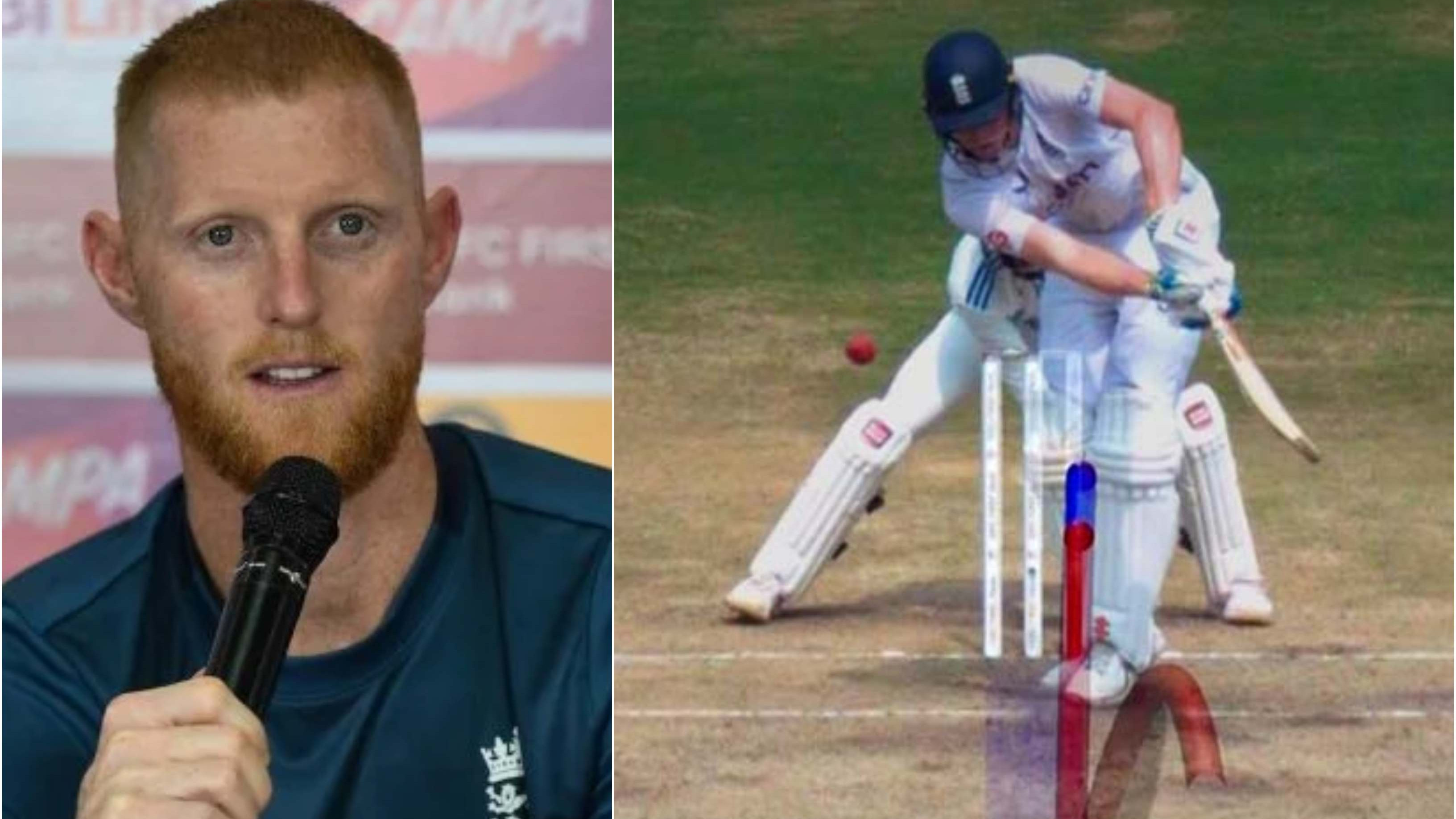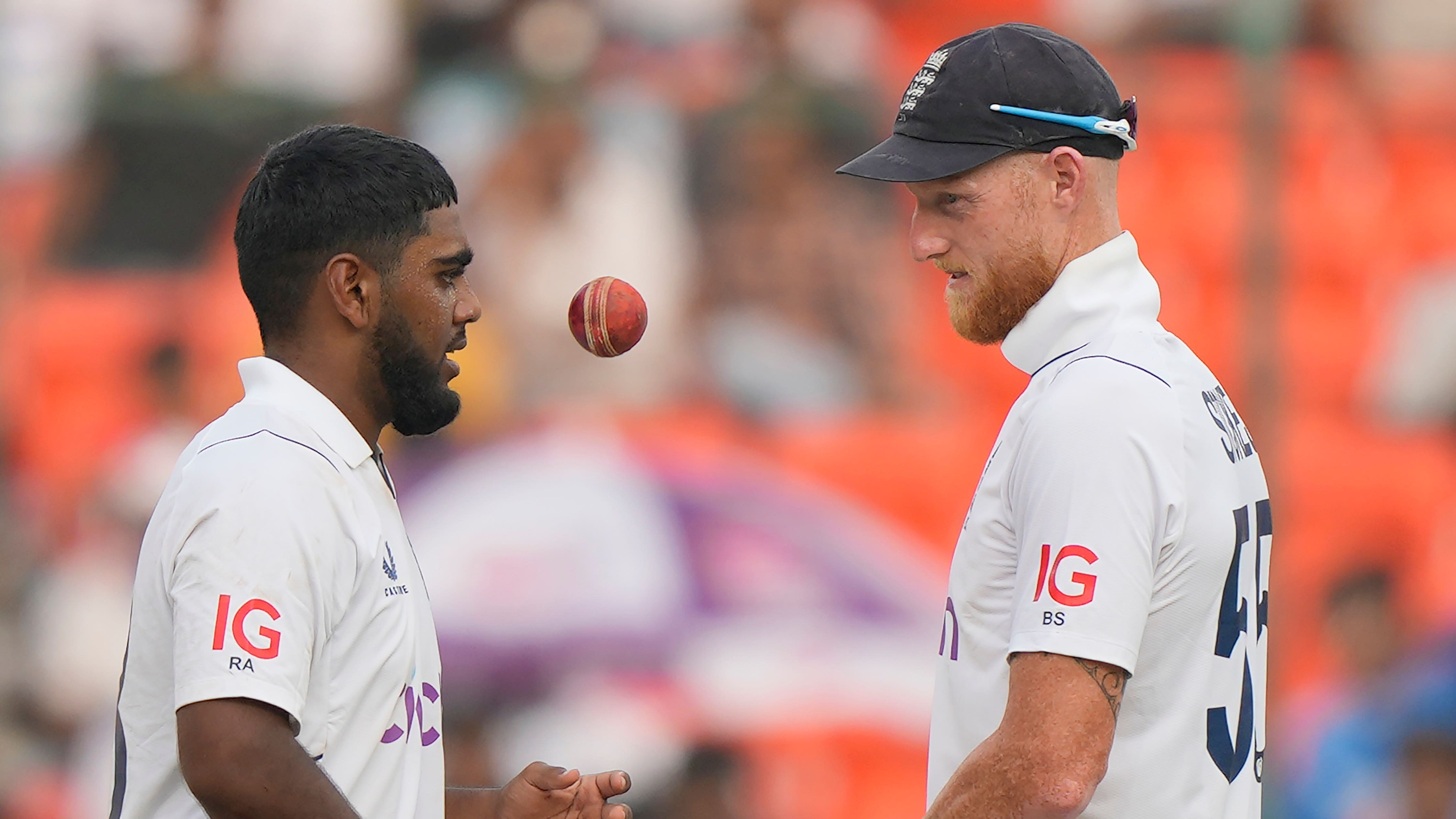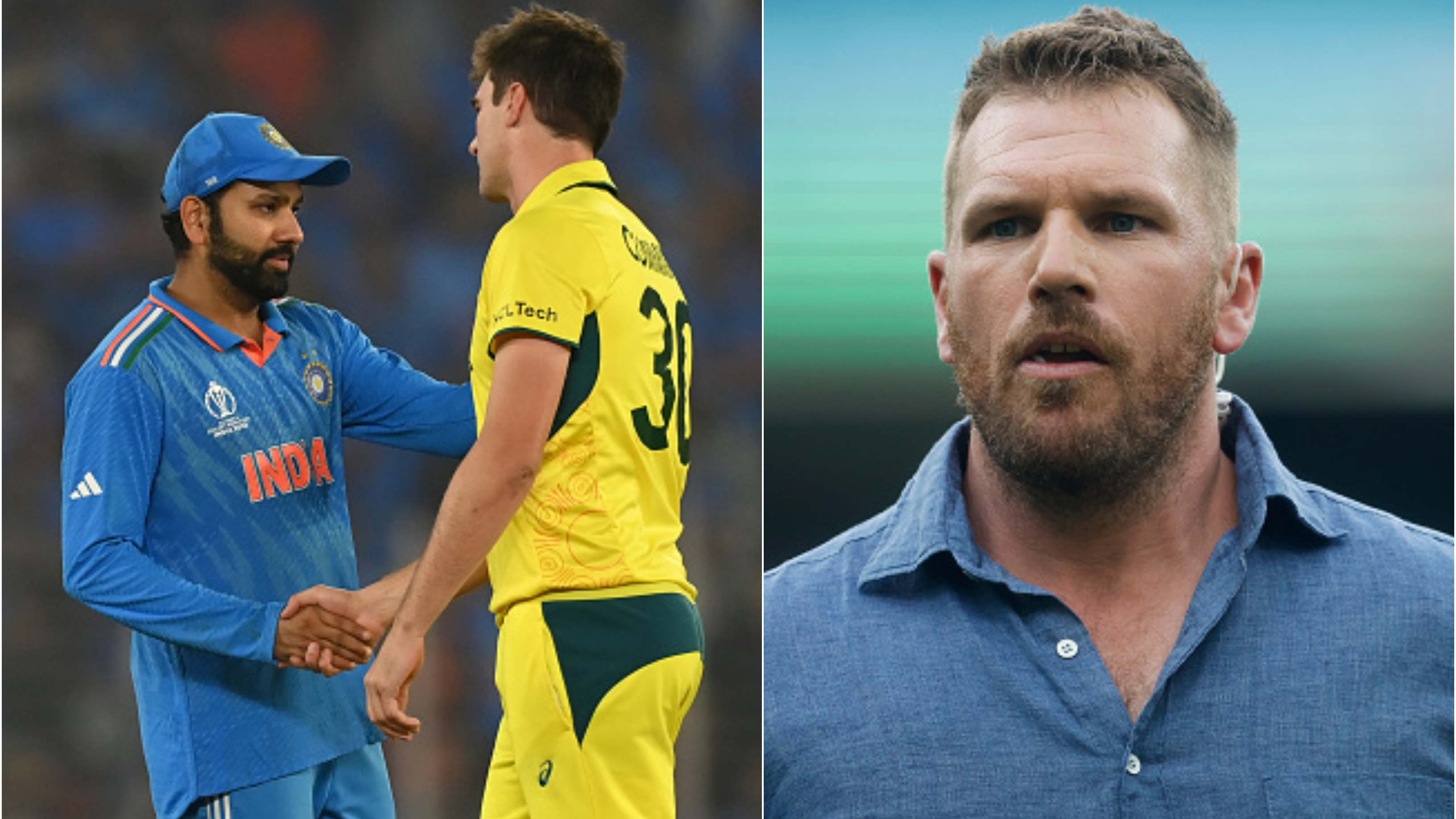 Former South Africa cricketer AB de Villiers said that Ben Stokes was rightfully upset about the controversial dismissal of Zak Crawley in the second innings of the second Test between India and England in Vizag.
Former South Africa cricketer AB de Villiers said that Ben Stokes was rightfully upset about the controversial dismissal of Zak Crawley in the second innings of the second Test between India and England in Vizag.
On Day 4, Crawley, who was playing confidently at 73, faced a delivery from India's Kuldeep Yadav. The ball struck him on the legs, and although the on-field umpire initially gave it not out, India decided to review.
This led to an overturning of the call based on the ball-tracking technology, which indicated that the ball would hit the leg stump. India went on to win the Test by 106 runs and leveled the series 1-1 as well.
England captain Ben Stokes expressed his skepticism about the accuracy of the technology used in the Decision Review System (DRS), suggesting that it might have been incorrect on this occasion.
“My personal opinion is that the technology has gone wrong on this occasion. That’s where I stand on it. Technology in the game is there and everyone has an understanding of the reasons it can never be 100 percent. That’s why we have the ‘umpire’s call’, that’s why it’s in place.
So when it’s not 100 percent, I don’t think it’s unfair for someone to say ‘I think the technology has got it wrong’. I will say that, but in a game full of ifs, buts and maybes I am not going to say that’s the reason why we haven’t got the result we wanted,” Stokes had said during the post-match presser.
AB de Villiers, on his YouTube channel, weighed in on the same and stated that the England captain was right in being upset over the dismissal.
"I am looking at it now and I feel it is not hitting the leg stump (Crawley LBW). It might just clip or touch the outer part of the leg stump, which ultimately would be the umpire's call. Technology has made decisions more accurate, but they need to make sure that the cameras are right in line with the middle stump at both ends and not at an angle. Ben Stokes was a little bit upset and rightfully so," said De Villiers.
India and England will meet in Rajkot for the third Test, which will begin on February 15.



